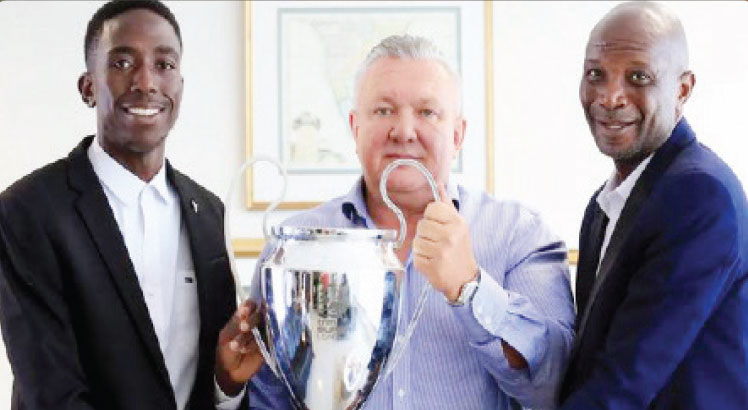Treasury positive on budget support
With just days before the International Monetary Fund (IMF) executive board meets in mid-November to decide on Malawi’s four-year Extended Credit Facility (ECF), the Ministry of Finance and Economic Affairs has expressed optimism that donors will resume direct budget support.
The ministry’s chief debt and aid officer Tiyamike Kanthambi said this in her response to a question on the status of public debt in Malawi during the Malawi Economic Justice Network (Mejn) engagement on the Development of Advocacy Strategy on Public Debt.
In 2013, Malawi lost up to 40 percent of direct budget support from donors such as the European Union (EU), the World Bank and the United Kingdom due to mismanagement of public funds dubbed Cashgate.
Ironically, off-budget support has been declining in recent years. In a space of one year, off-budget support has dropped from K217 billion in the 2022/23 fiscal year to the projected K40.4 billion in the current fiscal year.
Said Kanthambi: “We expect that once the board approves the ECF programme, there will be some disbursements.
“We are also working on budget support from the World Bank and European Union [EU]. We hope to unlock some resources that will help to cushion our deficits and expenditures..”

The withdrawal of budget support left Treasury with an estimated 40 percent hole in the recurrent budget and about 80 percent in the development budget.
Meanwhile, the fiscal deficit has become a norm where the government has consistently reported deficits in its financial plans.
In the current budget, Treasury has projected a fiscal deficit of K1.3 trillion, an equivalent of one third of the K3.87 trillion 2023/24 National Budget.
World Bank managing director of operations Anna Bjerde earlier said the Bretton Woods institution was pleased with progress that Malawi was making on the IMF and the outcome may form the basis for direct budgetary support resumption.
In August, EU Ambassador Rune Skinnebach said he is hopeful Malawi will clinch ECF programme.
He said while the IMF’s ECF will not instantly rectify the structural deficit facing Malawi, it will bring in foreign exchange and have a catalytic effect on many development partners, including the EU to resume direct budgetary support.
Speaking in Doha, Qatar earlier this year when he held bilateral talks with EU commissioner for partnership Jutta Urpilainen on the sidelines of the Fifth United Nations Conference on Least Development Countries, President Lazarus Chakwera expressed hope on the possibility of aligning resumption of direct budget support to specific sectors and, in particular, education.
As at april 2023, the World Bank is financing 21 projects in Malawi valued at $2.5 billion (about K2.5 trillion) in addition to five regional operations through which Malawi accesses $343 million (about K345 billion) in financing, totalling $2.8 billion (about K2.8 trillion).
The EU has a financial enveloped amounting to 352 million euros for 2021 to 2024.
The ECF is expected to unlock $174 million (about K205 billion) to Malawi over a four-year period.





